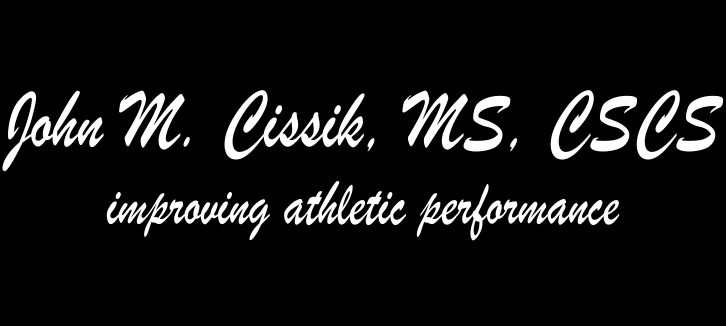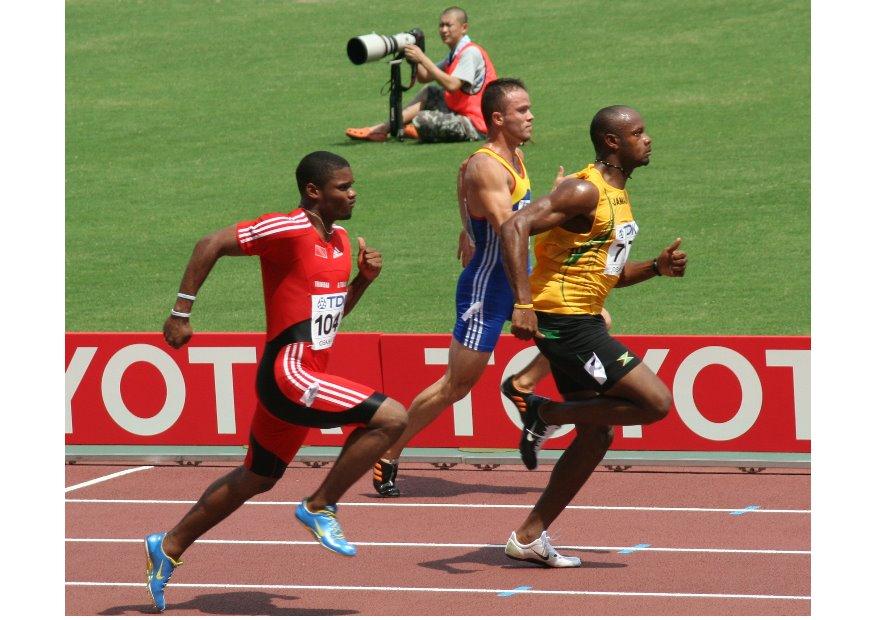Let me start this post by describing a situation. We have someone thinking, hey our team did great last year. So we’re just going to go through the motions, kind of do the same thing we did last year, and everything will work out fine because we’re awesome. We’ve got great talent, great coaches (after all – we did awesome last year!), great game plans, so everything is going to be great!
If you are a coach, I hope you are reading that and shaking your head. Obviously that athlete needs an attitude adjustment or bad things are going to happen to the team. Problem is, I’m describing a coach. Coaches are just as guilty of falling victim to this kind of thinking and lack of effort that athletes are.
Think about it, there are things that we expect from our athletes, in fact we preach it. These are things like:
- Effort
- Purposeful practice: ties in with effort, we’re not just going through the motions during a practice we are trying to learn what we’re being taught, applying it, and getting better.
- Commitment: I think of this as showing up, doing what needs to be done outside of practice to be successful. For example, did our athlete party hard the night before the playoff game? Are they eating right? Are they sleeping? Etc.
- Discipline
- Leadership
- Service: If we’re part of a team, we’re part of something larger than ourselves.
- Selflessness
- Loyalty
Athletes have a right to expect certain things from their coaches and it’s pretty similar to what coaches expect from their athletes.
Instead of effort, I’m going to call the first one Coaching Up The Athletes. Does a coach take the easy road and let things slide because they are tired or having a rough day? Or does the coach seize opportunities to give athletes the feedback, teaching, and insight to make them better at the sport and at life? I think everyone goes into a coaching situation at some point and lets things slide, but you do your athletes a huge disservice when you do that and you miss growth opportunities.
The second one ties in with the athlete, Purposeful Practice. Time is precious, regardless of the level you coach at there is never enough of it. That means that every part of your practice should be important, should accomplish something purposeful, and you should feel that your team’s development will suffer badly if it is not included. You should never be winging practices. When you do this you send the message to the team that this isn’t important enough to prepare for.
Now, you can have all the plans in the world and then have a situation come up at practice that requires adjustments. This happens all the time. I’m planning to work on a situation and find that I have to take a step back and work on an antecedent skill. My other thought with this is that when I began coaching I’d write the longest and most detailed practice plans and workouts (I did this with lesson plans and teaching as well). Now I have outlines that take up about a half a page but mean a lot to me. When I started, we would go through those detailed plans and workouts at lightning speed and then I’d still be left with half the practice. Now days I don’t have enough time to get through an outlined half a page.
Coaches have to be Committed to doing what they need to do outside of practice and games for the team and its athletes to be successful. This means watching film, communicating with coaches and parents, scouting, making and maintaining relationships with athletes, coming up with practice and game plans, studying, and taking care of themselves.
As a coach, you need to be willing to have Expectations and hold the athletes Accountable for them. This has to be communicated, then consistently enforced. This is the difference between a disciplined, focused sports team that has the potential for being successful and that develops young men and women and a recreational team that expects a participation trophy. This has to come from the coach and it takes work and consistency.
Coaches have to Lead, even when they are tired or don’t want to. If they don’t then someone else will and things won’t work well when that happens.
One of the most difficult things to learn and master with time is being Humble. When we fail to do this, we are our own worst enemy and we set a terrible example for our athletes. This is also frequently why we are unwilling to learn from mistakes, learn from our opponents, and to improve. In other words, arrogance keeps us from giving our best to our athletes and developing them.
Lastly, coaches need to be Selfless and Loyal to their team – just like they expect their athletes to be. This means we don’t talk bad about athletes or their parents in front of others. Save that stuff for when you go home and vent. If you are not willing to say it to the athlete or have them hear it, you don’t need to be saying it to others. While we’re all going to change jobs, we don’t need to be looking the day we start a new one, but that’s a pet peeve of mine and it’s my problem.



